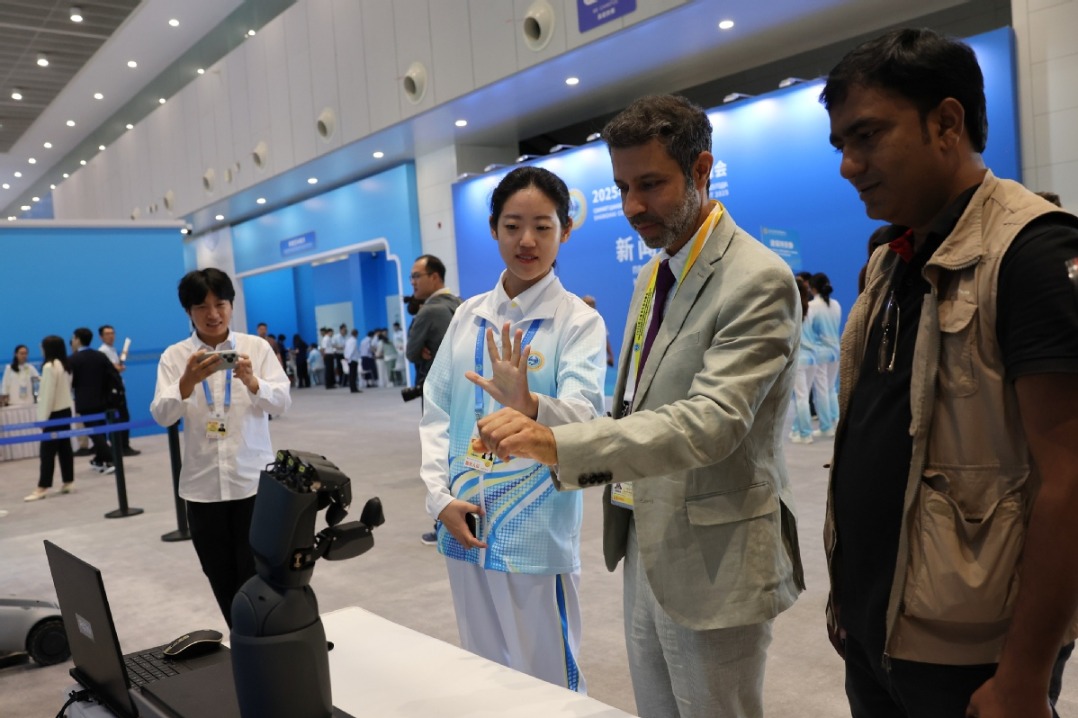Mechanism to be put in place supporting long-term infectious disease research


China will continue its rigorous research on COVID-19 and other major infectious diseases to better protect the long-term health and safety of the people, Wang Zhigang, minister of science and technology, said on the sidelines of the second plenary meeting of the fourth session of the 13th National People's Congress.
"We cannot forget the pain after the wound has healed," Wang said, adding it is important to establish a mechanism to support and sustain long-term research on diseases with epidemic potential, so that when the next epidemic comes, China will be better prepared.
This will also require China to bolster its basic research on core technologies, a subject China will devote more strategic planning and resources to in the upcoming years, he said. "Basic science is the source of innovation," he added.
"We need to find ways to unleash the full potential of our national research capability in a market economy, and combine private companies, universities, science institutions and other research entities to play their role in contributing to the innovation community," he said.
Meanwhile, the ministry will spearhead reforms that can alleviate scientists from cumbersome paperwork, as well as create an academic environment conducive for basic research, "so as to better support our nation's development and security with ever greater scientific and technological capacity", he said.
- Student shuttle service launched between Hengqin and Macao
- Unbreakable lifeline: Gansu's sheepskin rafts powering China's WWII resistance
- Full text of Xi Jinping's speech at 25th Meeting of Council of Heads of State of SCO
- Conservation efforts revive Chishui River section in Zunyi
- Northeast Anti-Japanese United Army exhibit opens in Beijing
- China launches first national science popularization month





































